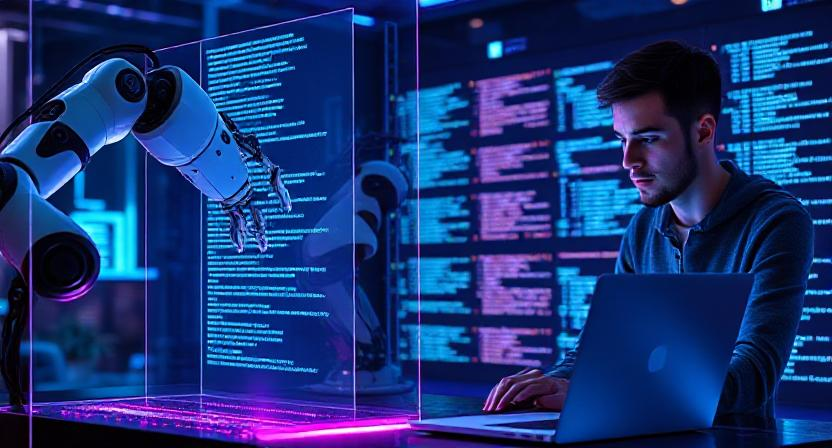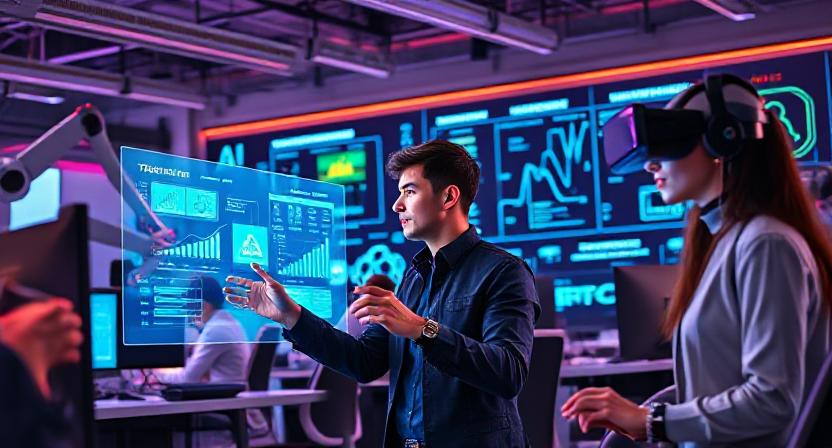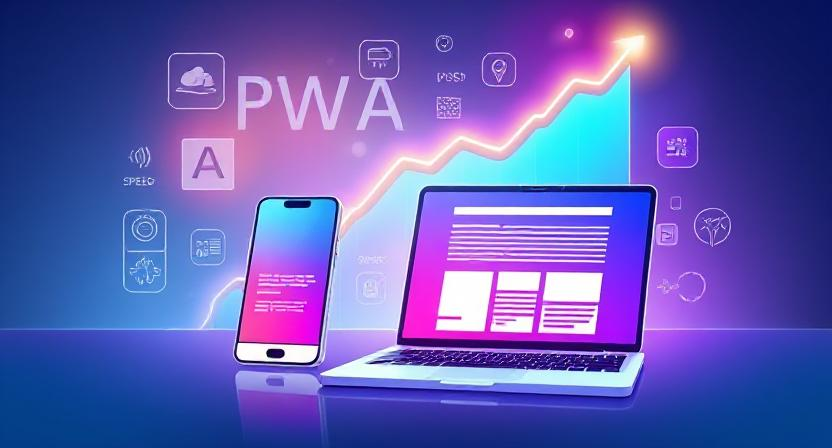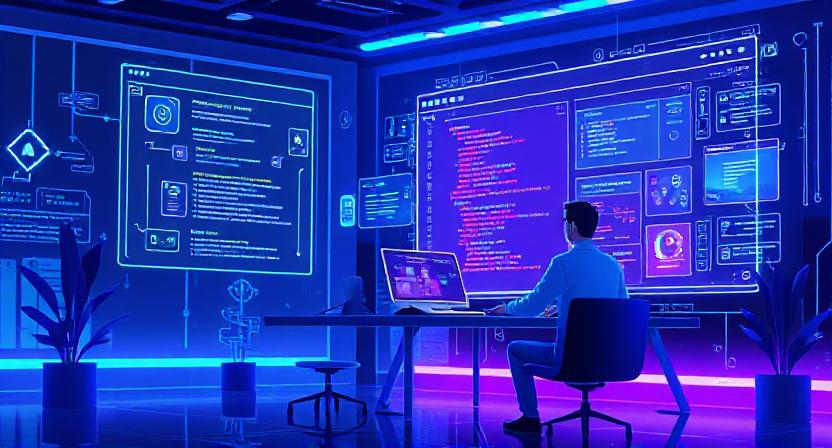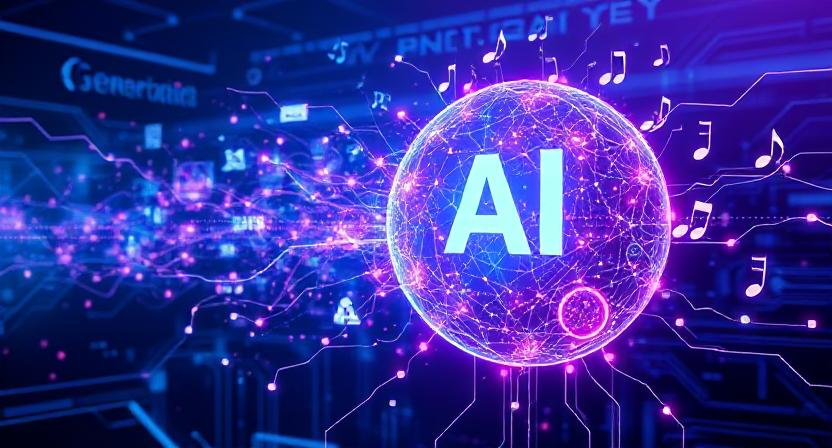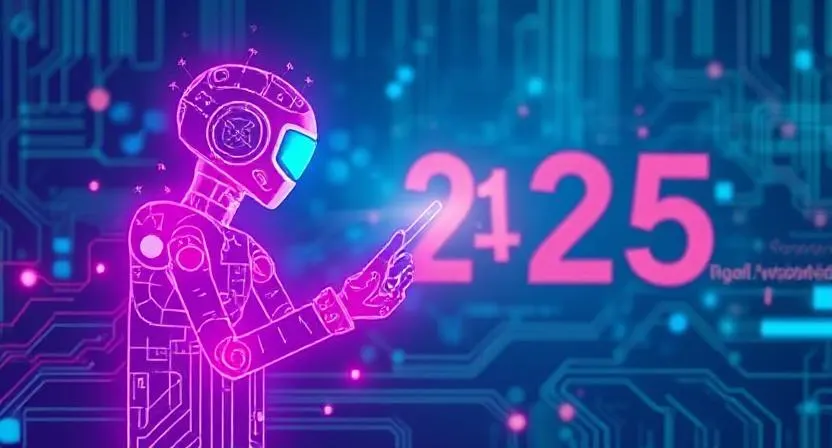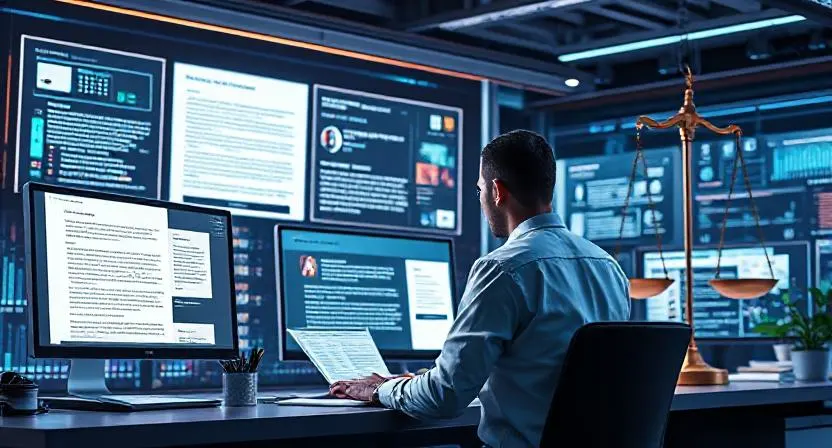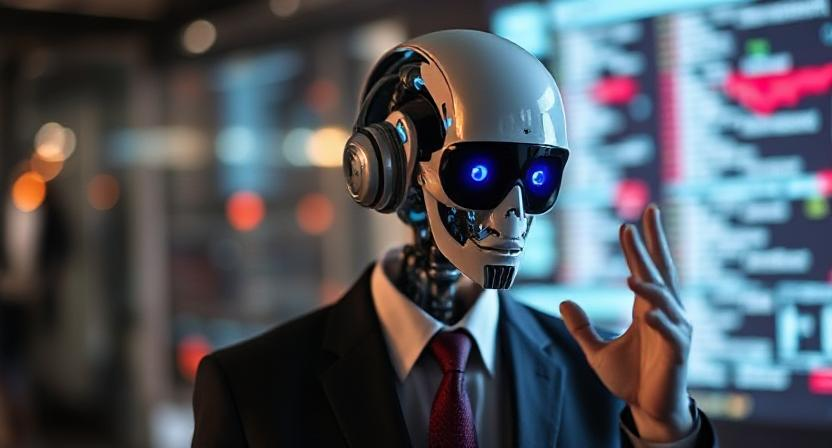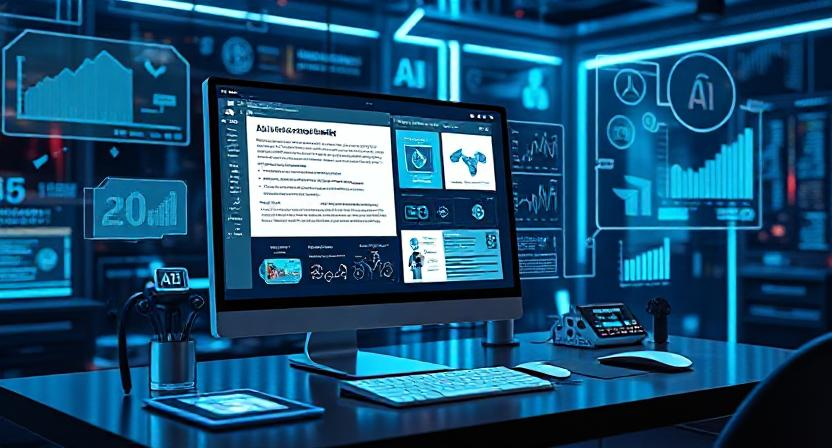The rapid advancement of artificial intelligence (AI) has led to widespread speculation about its capabilities, particularly in the field of programming. As AI-driven coding tools continue to evolve, many wonder whether AI can code better than humans. This question sparks debates among developers, researchers, and technology enthusiasts, making it essential to examine the strengths and limitations of both AI and human coders.
The Rise of AI in Programming
AI-powered coding assistants, such as OpenAI’s Codex, GitHub Copilot, and DeepCode, are transforming software development. These tools leverage machine learning algorithms and vast datasets to generate, optimize, and debug code in real-time. The increasing use of AI in coding is reshaping the way developers write software, making the process more efficient and accessible.
Advantages of AI in Coding
- Speed and Efficiency: AI can generate code snippets, complete functions, and even build entire applications in seconds, significantly reducing development time.
- Error Detection and Debugging: AI algorithms can quickly identify syntax errors, logical bugs, and security vulnerabilities, enhancing code reliability.
- Automation of Repetitive Tasks: AI excels at automating mundane coding tasks such as boilerplate code generation, code refactoring, and documentation.
- Accessibility for Beginners: AI-assisted coding tools make programming more approachable for beginners by providing real-time suggestions and explanations.
- Multi-Language Support: AI models can work across various programming languages, reducing the need for developers to master multiple syntaxes.
Limitations of AI in Coding
Despite its strengths, AI has several limitations that prevent it from completely replacing human programmers:
- Lack of Creativity: While AI can generate code, it lacks the creativity and problem-solving skills of human developers. Complex problem-solving often requires intuition and experience.
- Understanding Business Logic: AI struggles with understanding the specific business requirements and nuances behind a software project.
- Security Risks: AI-generated code may introduce security vulnerabilities if not reviewed by experienced developers.
- Dependency on Training Data: AI models learn from existing code repositories, meaning they might replicate biases, outdated practices, or even inefficient code patterns.
- Limited Debugging Capabilities: Although AI can identify common errors, it struggles with complex debugging that requires deep domain knowledge.
Human Programmers vs. AI: A Comparative Analysis
| Feature | AI Coding | Human Programmers |
|---|---|---|
| Speed | High | Moderate |
| Creativity | Low | High |
| Debugging | Limited | Extensive |
| Problem-Solving | Rule-Based | Intuitive |
| Business Logic Understanding | Weak | Strong |
| Security Awareness | Moderate | High |
From this comparison, it’s evident that AI is a powerful assistant rather than a complete replacement for human programmers. It enhances productivity but still relies on human oversight.
The Future of AI in Software Development
The future of AI in coding is promising, with advancements in deep learning, natural language processing (NLP), and reinforcement learning. AI is likely to continue improving in areas such as:
- Enhanced Collaboration: AI tools will become more interactive, allowing developers to fine-tune and customize AI-generated code.
- Self-Learning Algorithms: AI may develop the ability to learn from developers’ coding styles, making suggestions more contextually relevant.
- Improved Debugging and Security: Future AI systems might integrate advanced security measures to detect and prevent vulnerabilities proactively.
- Hybrid Development Models: AI will work alongside developers, handling repetitive tasks while humans focus on complex problem-solving and innovation.
Conclusion: Can AI Truly Code Better Than Humans?
While AI is revolutionizing the way we write code, it is not yet capable of fully replacing human programmers. AI excels at speed, efficiency, and automation but lacks the creativity, intuition, and deep problem-solving abilities of human developers. Rather than viewing AI as a competitor, it should be seen as a powerful tool that enhances productivity and innovation in software development.
The collaboration between AI and human programmers will define the future of coding. As AI continues to evolve, developers must adapt, leveraging AI tools to streamline workflows while maintaining their critical thinking and creativity. Ultimately, AI coding is a tool—not a replacement—for human expertise.

